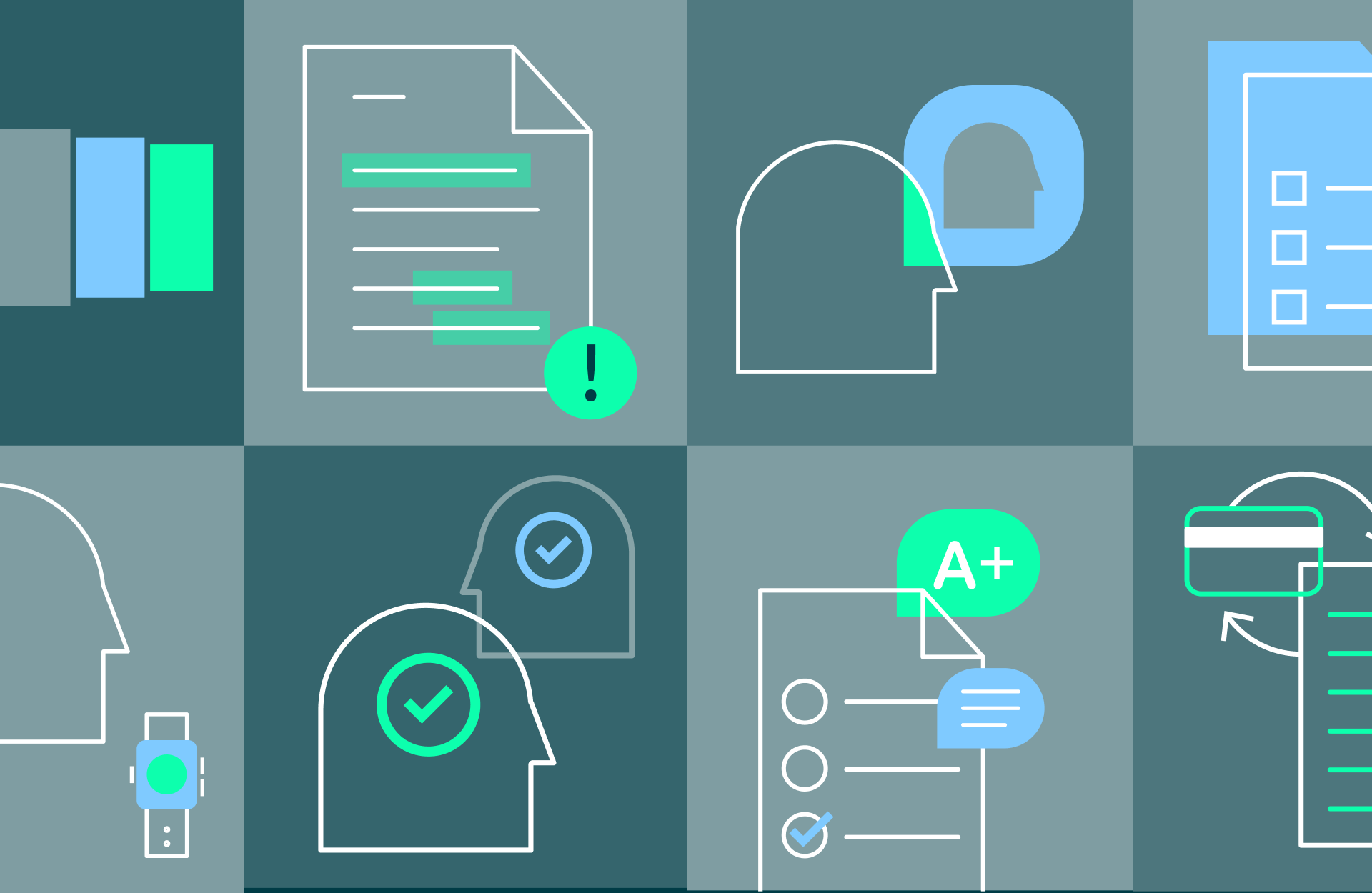At Turnitin, like many of you, we often look back on the past year as we plan for the future. What you, our readers, have most read over the last 12 months informs and enhances our resources for the upcoming year.
So, with the intention of sharing posts that you may have missed due to the hectic nature of education these days, let’s take a moment to review the top Turnitin posts of 2021.
Assessment with integrity is a new theme for our educators. Over the past few years, we have expanded our product line to include assessment tools. And in turn, educators have shown an interest in how to enable more efficient and accurate assessment and grading. In particular, educators were interested in how to provide quality assessment for all disciplines. Furthermore, we were privileged when Roslyn Miller and Amanda E. Major, instructional designers at the University of Central Florida, shared their thoughts on what the future of STEM assessment will look like.
Turnitin’s legacy solutions center around academic integrity and ensuring that students’ ideas are their own. To that end, we revisited essential foundations of academic integrity in What is the difference between academic integrity and plagiarism? and Authentic learning: What is it, and why is it important? blog posts.
Emerging trends in academic dishonesty, too, are always on Turnitin’s radar. And we shared some of what we know with you. These were some topics on burgeoning academic dishonesty, often enabled by the pivot to remote learning, that were widely read:
- What are online test banks?
- What is self-plagiarism?
- What is self-citation?
- What are word spinners?
- What are electronic cheating devices?
We summed up much of the above trends in an infographic about Delivering Remote Assessments with Integrity and Designing Assessments with Integrity.
Forward-thinking, too, is a cornerstone of educational thought leadership. How do we plan for the future? And what are things that did work?
We shared some of our thoughts on establishing a culture of academic integrity. And our heartwarming story about Emzini and the way in which Eric Khumalo utilized Gradescope to foster learning in underserved communities was a favorite of many.
2021 was another year in which education experienced disruption– and we hope that out of this come solutions that enable student learning. We look forward to sharing more thoughts and observations with you in 2022 and making sure that what we share is valuable to educators and education administrators everywhere.




